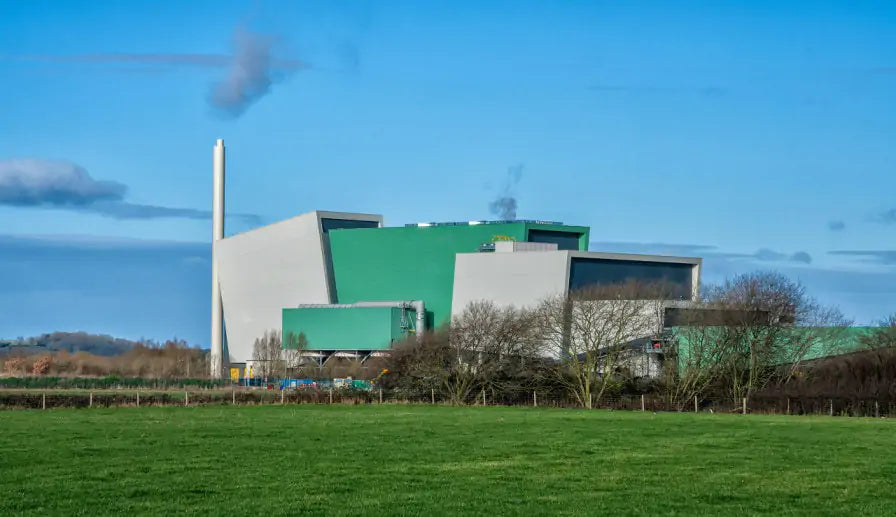Your basket is currently empty.
Shop NowUK Government Considering the Introduction of an ‘Incineration Tax’

UK Government Considering the Introduction of an ‘Incineration Tax’
The government is considering introducing a tax on incinerating waste to increase recycling rates. Following a consultation, the government said there had been ‘overwhelming support’ from the public for a range of proposed measures to increase recycling rather than incineration.
A treasury spokesperson said that tackling plastic pollution is high up on the government’s agenda, and added that the government has public support.
Opponents say tax should be levied on plastic producers
Plans for an incineration tax have been criticised by the Environmental Services Association, who say that the idea that an incineration tax will improve recycling is ‘misguided.’
An ESA spokesperson said that incineration is a needed alternative to landfill for non-recyclable waste. Energy is also created from the incinerated waste, so waste that can’t be recycled is put to good use. He added that if any tax is going to be introduced, it should be levied on companies who make non-recyclable plastic.
Others in the industry have spoken out to say that they welcome the government’s ambition to tackle plastic waste, but that introducing an incineration tax will only see more plastic going to landfill, which should be avoided. They believe that taxes will have the most impact when they are levied on producers and manufacturers. Other opponents of an incineration tax raised concerns that much of the tax burden would fall on cash-strapped local authorities.

Other consultation proposals
The consultation on plastic waste got 162,000 responses, a record for the treasury. Other proposals in the consultation included using taxes to encourage the use of recycled plastic in manufacturing, discouraging the use of hard to recycle plastics like carbon black plastic, and reducing the demand for single-use plastic items such as coffee cups.
Veolia weighs in
One of the biggest recycling and waste management firms in the UK, Veolia, said that it wants to help increase the recycling rate and would like to see a tax incentive being used to encourage the design and manufacture of easier to recycle items. The company also called for clearer recycling labelling and the introduction of a deposit return scheme for plastic bottles and drinks cans.






